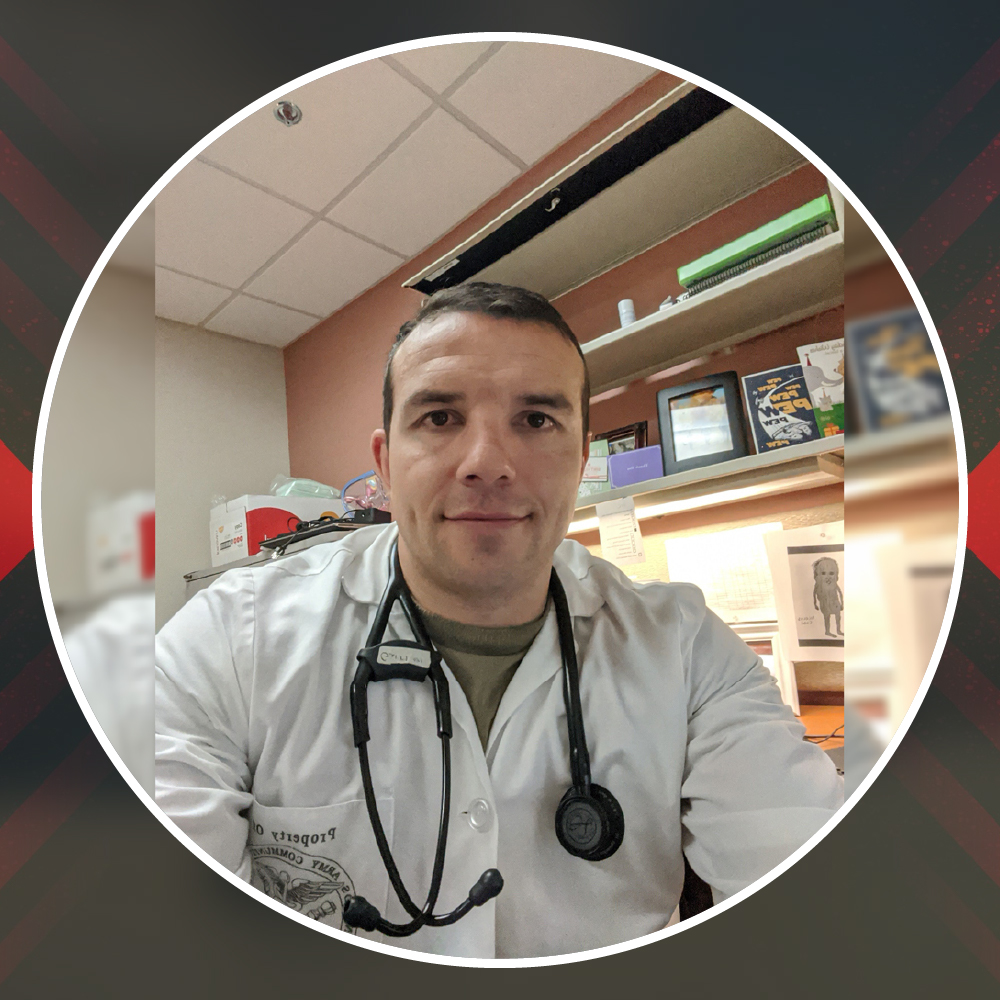
In the ever-evolving landscape of healthcare, one element remains critically undervalued: the role of education in empowering patients about their health. As healthcare systems worldwide grapple with the challenges of accessibility, affordability, and quality, patient education emerges as a cornerstone in enhancing healthcare outcomes and fostering a more informed, health-conscious society.
Understanding Patient Education
Patient education refers to the process of providing health information and resources to patients to help them gain a deeper understanding of their health conditions, treatment options, and lifestyle adjustments necessary for optimal health outcomes. This education can take various forms, from one-on-one consultations and group sessions to digital platforms offering tailored health information.
The Importance of Informed Patients
The benefits of a well-informed patient population are multifaceted. Educated patients are more likely to adhere to treatment plans, make informed decisions about their care, and engage in preventive health behaviors. Moreover, patient education has been linked to reduced anxiety and improved health outcomes, underscoring its significance in the healthcare continuum.
Bridging the Knowledge Gap
Despite its importance, a significant gap exists in patient education across healthcare systems. This gap is attributed to various factors, including time constraints in clinical settings, the complexity of medical information, and the diverse learning needs of patients. Bridging this gap requires a concerted effort from healthcare providers, policymakers, and educational institutions to prioritize patient education and develop strategies that cater to the diverse needs of the patient population.
Leveraging Technology
The advent of digital health technologies offers unprecedented opportunities for patient education. Mobile health apps, online health portals, and telehealth services can provide patients with easy access to personalized health information, interactive learning tools, and support networks, thereby enhancing their ability to manage their health.
Tailoring Educational Content
Recognizing the diverse backgrounds and learning preferences of patients is crucial in developing effective patient education programs. Educational materials should be tailored to accommodate different literacy levels, languages, and cultural backgrounds to ensure inclusivity and effectiveness.
Engaging Patients in Their Care
Encouraging the active participation of patients in their care not only enhances their understanding of health issues but also fosters a sense of ownership over their health outcomes. Patient-centered care models, which emphasize collaborative decision-making and personalized care plans, are instrumental in achieving this engagement.
The Role of Healthcare Providers
Healthcare providers play a pivotal role in patient education. Beyond the provision of care, they are educators and advocates for their patients. To fulfill this role effectively, providers need to develop strong communication skills, stay abreast of the latest health information and resources, and allocate time for patient education within the care process.
Overcoming Barriers
Several barriers can hinder effective patient education, including limited time during consultations, the complexity of medical terminology, and patients’ emotional responses to their diagnoses. Overcoming these barriers requires innovative approaches, such as the use of visual aids. Simplified language and emotional support mechanisms to facilitate understanding and acceptance.
The Way Forward
The future of patient education lies in the integration of innovative technologies, interdisciplinary collaboration, and patient-centered care practices. By harnessing the potential of digital health tools and fostering a culture of lifelong learning among patients. Healthcare systems can transform patient education from a peripheral activity to a central element of healthcare delivery.
Empowering Patients, Transforming Healthcare
Empowering patients through education is more than an ethical imperative. It’s a strategic necessity in the quest for improved healthcare outcomes and patient satisfaction. As healthcare continues to evolve, the emphasis on patient education will undoubtedly increase. Heralding a new era of informed patients actively participating in their care and making health choices. That leads to better outcomes for individuals and communities alike.
The role of education in empowering patients about their health is a critical yet often overlooked aspect of healthcare. By prioritizing patient education, healthcare providers can not only enhance the quality of care but also foster a more engaged, informed, and health-conscious society. The journey towards empowered health choices begins with education. And it is a journey that requires the commitment of all stakeholders in the healthcare ecosystem.